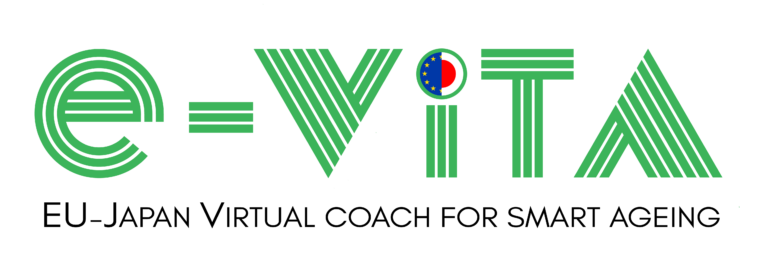Our Team
Please click on the images to open up the CVs.

OUR MODERATORS
Our Speakers
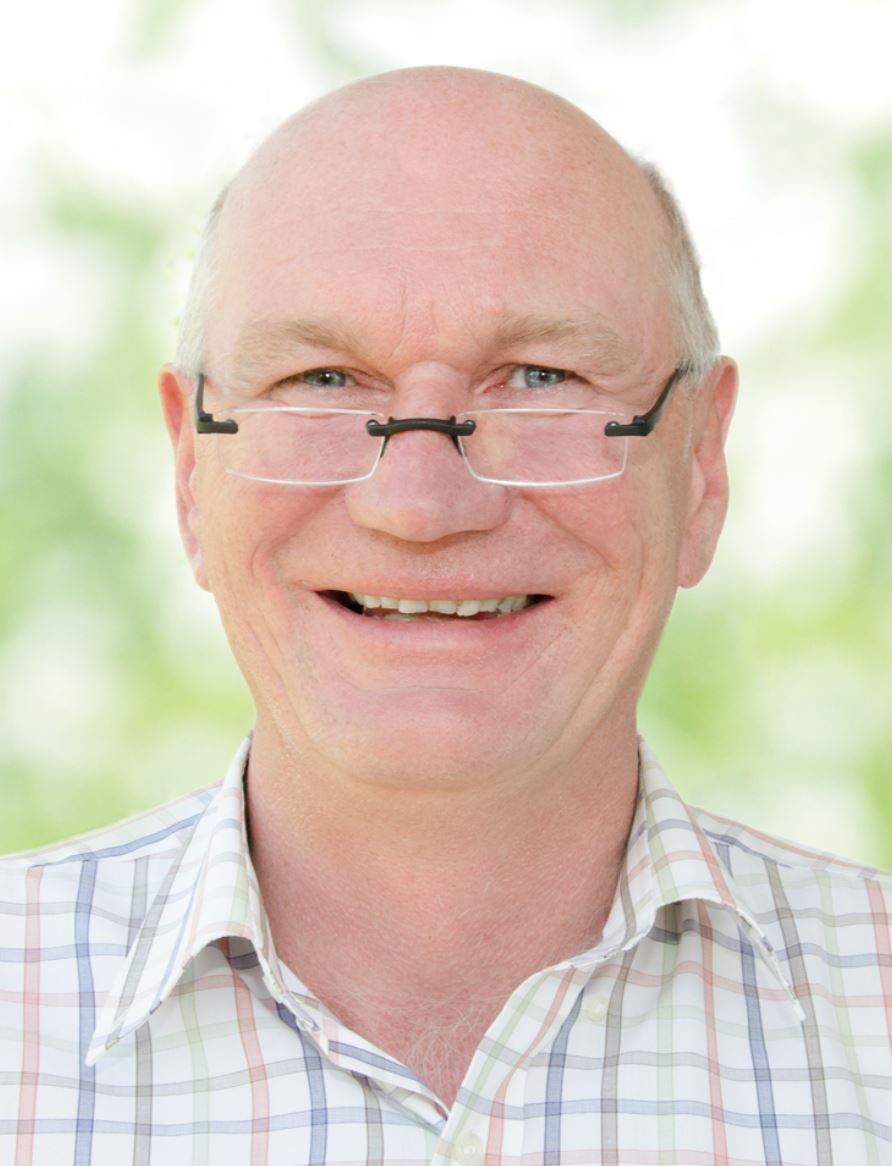
Dr. Rainer Wieching
Rainer Wieching holds an MSc & PhD in Exercise Physiology. He works since 10 years as senior research scientist at USI. During the 15 years of his professional career before that time at USI, he has headed a health care SME, being responsible for technical, medical, and scientific aspects in global pharma marketing and medical education, focusing especially on prescription drugs (cardiovascular, oncology), evidence-based medicine (clinical trials, guidelines), and medical technology (ultrasound).
He has successfully participated in IT/health related national research projects in Germany (BMBF, ICT support for People with Dementia, Care Robot Communication Projects, Future of Work in Care Robotics, and the Support Project for 8 German Robotic Projects). He was the S/T coordinator of the FP7 project iStoppFalls (an ICT-based system to predict and prevent falls) and the WP leader in the H2020 project my-AHA (my Active and Healthy Ageing).
He also leads international robotic projects (care assistants and robotic companions) in several projects from Germany and Japan. This includes Academic Agreements with WASEDA and TOHOKU Universities, DAAD student exchange projects from Germany and Japan, as well as a German-Japanese Science Communication Project related to the Future of Work and Participatory Design in Care Robotics.
Currently he is leading the European-Japanese H2020 and MIC funded project e-VITA (EU-Japan Virtual coach for smart ageing) on the European side and is teaching at the University Participatory Design for Care Robotics and Innovation Management.

Dr. Toshimi Ogawa
Toshimi holds a diploma in Exercise physiology from Boston University and a Ph.D. in Molecular Biology from Yamaguchi University and is an Assistant Professor in the Department of Advanced Brain Science, the Institute of Development, Aging and Cancer (IDAC) and in the Smart Aging Research Center (S.A.R.C.), a division of IDAC at Tohoku University. She would like to shed light on the importance and social value of the older adults and support the construction of a living environment in which they can decide for themselves how to live in old age and society will follow accordingly by utilizing information communication technology. In the field of human-computer interaction, she is researching the elements necessary for the symbiosis between robots and the older adults.
She is also currently coordinating the Horizon2020 E-VTA project in Japan side, which promotes collaborative research between Japan and the EU. In this project, she is particularly interested in exploring the possibilities of two-way communication between robots and the older adults in order to intrinsically motivate them to change their behavior toward a healthier lifestyle, as well as the issue of achieving sustainable robot coexistence in their lives.

Dr. Yoshio Matsumoto
Dr. Yoshio Matsumoto is currently Chief Senior Researcher of Human Augmentation Research Center at National Institute of Advanced Industrial Science and Technology (AIST). He received a Ph.D degree in Engineering from the University of Tokyo in 1998. He was a research fellow at the Japan Society for the Promotion of Science (JSPS) from 1995-1998, and was a research fellow at the Australian National University in 1998. Then he joined the Nara Institute of Science and Technology (NAIST) in 1999, and worked as an assistant professor and an associate professor until 2007. Then he joined Osaka University in 2007 as Research Professor. After moving to AIST in 2009, he has been a leader of a service robotics research group and an assistive robotics research team. He has also been a member of the national project on robotics for elderly care, making standards and evaluations. His research interests include assistive robotics, human-robot interaction, and real-time vision.

Florian Szczepaniak
Florian Szczepaniak, a graduate engineer from Telecom SudParis (class of 2020). After my studies I worked as a freelance data engineer and then as an R&D engineer in eHealth. Passionate about this field, I had the chance to continue in this direction by joining the eVita project as a PhD student at the Polytechnic Institute of Paris.

Dr. Gabriele Trovato
Gabriele Trovato is currently Associate Professor in Shibaura Institute of Technology, Tokyo, Japan, and a Principal Investigator of the EU-Japan Horizon 2020 project e-ViTA. He received his M.S. degree in Computer Engineering from the University of Pisa, Italy, and Ph.D. degree in Biorobotics in Waseda University, Tokyo, Japan. Within the relations between the two countries, Gabriele Trovato has been in the organising committee of Italy-Japan Workshops since 2011, and has been appointed “Ambassador of Livorno in the world” by the Municipality of Livorno, Italy.He has been Visiting Researcher in Karlsruhe Institute of Technology (Germany), Carnegie Mellon University (USA), University of Sao Paulo (Brazil), PUCP (Peru) and Imperial College London (UK) among others. Gabriele Trovato has worked in the video game industry, being involved in the development of the world-wide notorious game series “Sid Meier’s Civilization” and having created popular innovative mods for the game. His main research interests are interdisciplinary and include Human-Robot Interaction, with focus on culture and religion related aspects, artificial emotions in humanoids, robot aesthetics, and procedural content generation. Gabriele Trovato’s latest creations, such as SanTO robots, are a combination of engineering, AI, art and humanities, and raised interest among the worldwide press, including the Wall Street Journal and the BBC.

Ruben Albers
Ruben Albers is a PhD student at the university of Siegen with a research focus on positive experiences with technology. He studies Human Computer Interaction since 2014 and obtained his master’s degree at the university of Siegen in 2020. Since then, he works as a PhD student in the Experience & Interaction Design group of university Siegen and conducts research within the EU-project e-VITA.
Specifically, his research revolves around aging as a meaningful part of life. Here, he investigates how technology can shape unique ways of confronting the challenges in this life stage. The aim is to address actual needs of older people while considering social innovation and the consequences of technology.
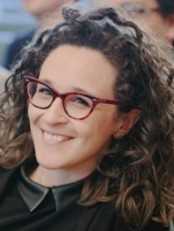
Gianna Vignani
Gianna Vignani is a lawer since 2018 and she is specialised in Privacy and Data Protection.
Data Protection Officer and Ethic supervisor for UP Umana Persone with regard of Pharaon Project, “Pilot for Healthy and Active Aging” – Horizon 2020, she is also lead Auditor ISO 27001:2017.

Lara Toccafondi
Lara Toccafondi is the project manager of the digitization and assistive technologies area of UP Umana Persone, and director of the socio-health area of Pane e Rose Social Cooperative. Trained in the humanities, for several years she has been dealing with technological innovation in the field of care jobs, with particular attention to the services for older adults.

Helmut Künne
Helmut Künne is a graduate engineer, wheelchair user and participating tester in the e-VITA team at the University of Siegen. He and his wife have already tested several devices from the e-VITA program – most recently the robot NAO and the robot dog AIBO over a longer period of time. He is particularly interested in the use of socially assistive robots in the home environment.

Ryan Browne
Ryan Browne is a research associate at the Smart Aging Research Center (SARC), Institute of Development, Aging and Cancer, Tohoku University.
He completed an MSc in Basic Medical Science at the Graduate School of Medicine, Tohoku University, with a research project investigating the regulation of the neuro-immune system as a method to delay the progression of Alzheimer’s disease using mouse models; he also investigated the relationship between the Alzheimer’s-associated APOE ε4 allele and the brain structure of young adults using SARC’s human MRI database. He has joined an international collaborative research project (MHU-3, JAXA-ToMMo Integrated Biobank for Space Life Science) investigating cellular stress defence mechanisms in the context of spaceflight, involving the research module of the International Space Station. Previously, he completed an MSci at Imperial College London in Chemistry and Molecular Physics, researching nanoscale devices in non-equilibrium thermodynamic systems using computational simulations performed on a supercomputer. Ryan has been drawing and painting for many years, and is opening a new area of research investigating the use of arts training as a way to keep the brain of older persons active and healthy, increase social activity, and contribute to wellbeing and quality of life.
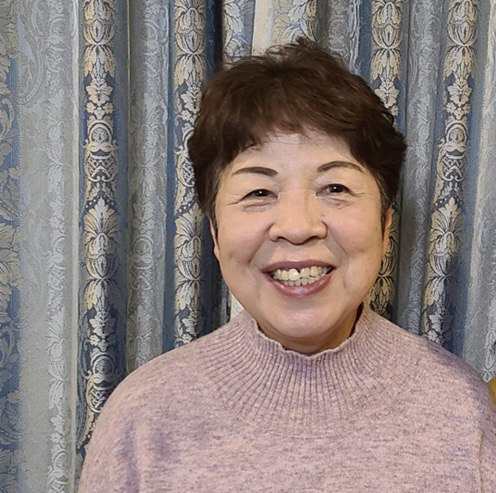
Mrs. Matsumoto
Mrs. Suzuki and Mrs. Matsumoto are friends since Highschool.
Living in Sendai, Married and widow currently and have children and grandchildren living near their home. They just made a trip to Kyoto with various highschool friends and enjoy senior life.
Mrs. Suzuki is still in charge of accounting at her family’s sign industry company, but she is finding it difficult to continue working as before because of the digitalization of the company due to Corona’s telecommuting system. She believes that she needs opportunities to learn not only cell phones but also various digital devices so that the elderly can continue to participate in society for a long time, but there are not many suitable opportunities for her to do so.

Edna Künne
Edna Künne, wife of Helmut Künne, holds a bachelor’s degree in health and care management and has been working as a manager of nursing homes for the elderly for about 20 years. As part of her master’s degree in `management in healthcare’, she is working on digitalization in nursing homes for the elderly, in particular the use of robots and the associated ethical challenges.
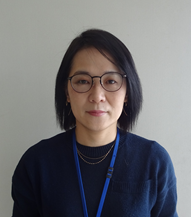
Ms.Okubo
After studying education for children with disabilities at Miyagi University of Education, she joined the Sendai City Council of Social Welfare.
Currently, she is engaged in projects to promote mutual support activities of local resident organizations and to provide operational support for counselors (community social workers). *What is the Council of Social Welfare
A private non-profit organization stipulated in the Social Welfare Law that (1) plans and implements projects for the purpose of social welfare, (2) assists residents to participate in activities related to social welfare, and (3) conducts surveys, dissemination, and assistance related to projects for the purpose of social welfare, with the aim of promoting community welfare.

Mrs. Suzuki
Mrs. Suzuki and Mrs. Matsumoto are friends since Highschool.
Living in Sendai, Married and widow currently and have children and grandchildren living near their home. They just made a trip to Kyoto with various highschool friends and enjoy senior life.
Mrs. Matsumoto
She has retired from her family own business currently but is busy with taking care of her grandchildren and teaching Japanese traditional tea ceremony every week in the Sendai region. Although her husband has passed away and she is anxious about the future, she has managed to set various goals for herself. she is looking forward to the power of digital to support her life in the future.

Dr. Imad SFEIR
Dr. Imad SFEIR was trained in geriatrics, gerontology and oncogeriatrics. He was head of the Geriatrics-Housing Unit at the Haute Côte d’Or Hospital.
He is currently Medical and Health Innovation Director at Vyv3 Bourgogne for which he is the project leader of the Robotonomie project (project aiming at developing robotic functionalities to maintain the autonomy of frail older people). He is also the president of the RESEDA network (Réseau des Maladies Neuro-Evolutives de Bourgogne-Franche-Comté).
In addition, Dr Imad SFEIR is responsible for a MAMNE University Diploma on the Accompaniment of Alzheimer’s patients and other Neuro-Evolutionary Diseases. He also teaches in the framework of the University Diploma in Artificial Intelligence Health – Dijon Campus and in the framework of training courses in the field of Neuro-Evolutionary diseases (Alzheimer’s, Parkinson’s, Multiple Sclerosis, Huntington’s, Charcot’s disease, …).
Credits and Fundings


.
